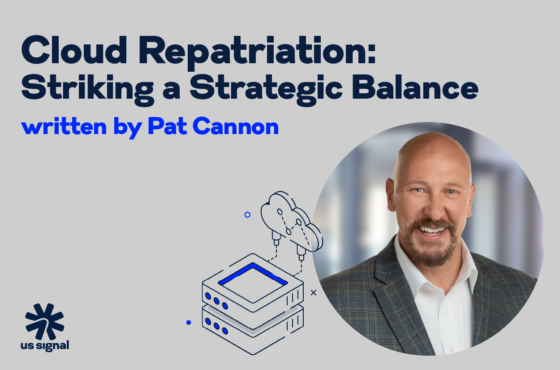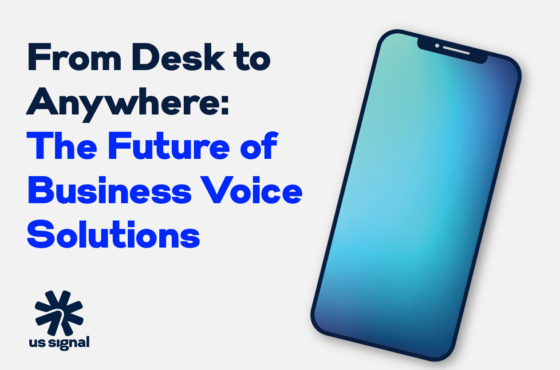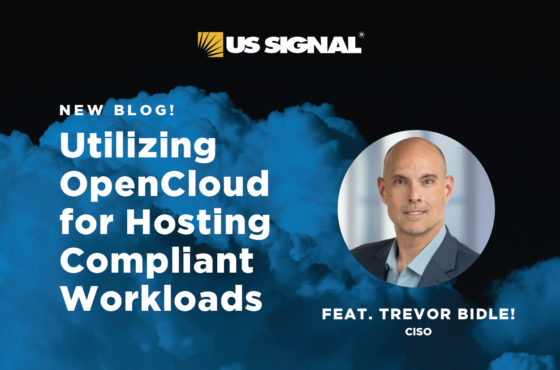Keep It Private: The Case for a Hosted Private Cloud
February 13, 2017
Cloud, IT Security
While security fears remain among the leading obstacles to cloud adoption, the regulatory and governance requirements specific to many industries also play a role. After all, the failure of a company’s IT infrastructure to comply with those requirements could put it at risk for costly penalties and fines, as well as do irreparable damage to its brand and reputation.
For companies with security or compliance concerns, one option is to go with a hosted private cloud. As the name implies, a hosted private cloud is a single-tenant “private” cloud. The cloud platform, underlying infrastructure and all resources are dedicated solely to a single organization. There are no “noisy neighbors” as is the case in multi-tenant clouds.
While a company can have its own private cloud on- or off-premise, a hosted private cloud is “hosted” off-premise by a cloud service provider (CSP) and can be managed or unmanaged. With an unmanaged hosted private cloud, the customer manages everything above the hypervisor in the cloud environment. With the managed version, the CSP is responsible for everything above and below the hypervisor — from the physical hardware to database support —and shares in the responsibility for both security and compliance.
Customization, Care and Control
A hosted private cloud allows for creating an IT environment with specific technical and security controls to help meet both compliance requirements and performance needs. The customer chooses the compute and storage, selects the appropriate redundancies and has the option to layer on managed security, server management and monitoring, data protection, and other managed services.
There are other benefits as well. CSPs are more likely to have the resources and expertise to handle security, data privacy and other compliance requirements than would be the case for an organization’s in-house staff. The best among them regularly invest in leading-edge technologies and keep their employees at the forefront of new or changing regulations.
A CSP can often more easily and frequently roll out upgrades and new or advanced features, freeing up an organization’s IT staff to focus on more strategic endeavors. CSPs are also likely to provide 24/7 support service from highly trained network and operations technicians, as well as around-the-clock server monitoring
In addition, a hosted private cloud offers greater control over cloud resources and expenditures than is typically available in a multi-tenant public cloud. A customer can size virtual machines, schedule maintenance, add capacity, and scale servers and storage up or down as needed. Use of a hosted private cloud can also help control IT expenditures. Because a CSP owns and manages the underlying infrastructure, the organization gets predictable monthly operating expenses in lieu of capital expenses.
That infrastructure can also be leveraged to meet an organization’s need for high availability. High availability is essential to achieve the throughput and processing speed suitable for production environments and high I/O applications, and requires infrastructure with the efficiencies and redundancies to help ensure maximum uptime. A CSP that wants to win and keep the business of companies with security, compliance and high availability needs usually maintain a network of geographically diverse data centers that employs top-of-the-line equipment and technologies, as well as multiple forms of physical security.
Yet another benefit of a hosted private cloud is that the CSP behind it usually offers a reliable network, as well as options for securely connecting to it. The CSP can assist with the necessary configuration in terms of security and bandwidth, as well as analyze network and end-user connectivity requirements to plan for satisfactory response times.
Look for a CSP that underpins its private cloud infrastructure with its own geographically dispersed redundant network through Tier 1, carrier-grade providers. Tier 1 providers own their networks, so they aren’t constrained by issues caused by upstream providers. Carrier-grade refers to infrastructure that is extremely reliable and meets or exceeds the ‘five nines’ high availability standards.
Visit US Signal's Hosted Private Cloud page for full product and service details. HIPAA- and PCI-compliant, its powered by US Signal’s robust private network of over 14,000 miles of lit fiber, access to over 225 data centers and POPs, several Tier 1 peering relationships, and metro rings in strategic markets. You can also talk to one of US Signal’s solution engineers about the hosted private cloud — and the many other solutions available — to help meet your organization’s IT infrastructure needs.


